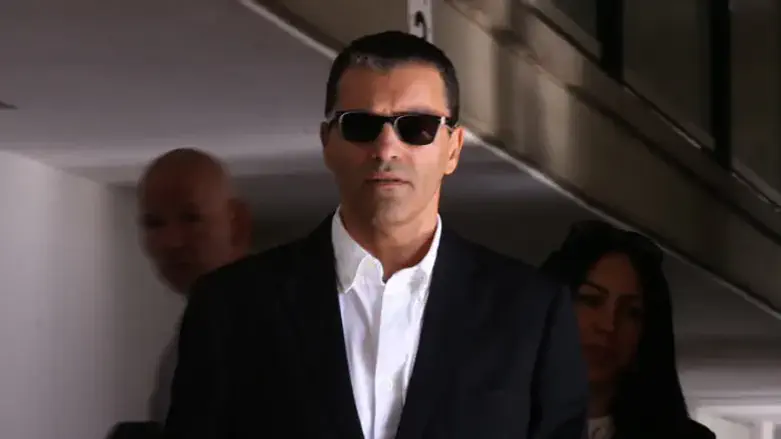
Judge Menachem Mizrahi appeared to cast doubt on the trajectory of the Qatargate investigation as he released Jonathan Urich, communications advisor to Prime Minister Benjamin Netanyahu, to ten days of house arrest.
Rejecting a police request for a 21-day detention, Judge Mizrahi made a pointed comment that left the courtroom stunned. Responding to Urich’s attorney Amit Hadad, who said the investigation materials would eventually be revealed during trial, Mizrahi countered that he doubted the materials would ever actually be presented.
The comment is widely seen as a veiled critique of the prosecution’s case, suggesting skepticism about whether it will ever reach indictment.
Just days earlier, the Supreme Court had denied Urich’s appeal against his continued detention. Judge Yechiel Kasher, presiding over the appeal, concluded that "an additional cause" would be required for any further detention, indicating that the basis for holding Urich was already fragile.
Attorney Hadad had sharply criticized what he called an arbitrary reversal in Urich's detention status, arguing, “The district court is forcibly trying to restore the backbone that has collapsed,” referencing earlier lower-court decisions that had raised similar concerns.
Urich is suspected of serious charges, including contact with a foreign agent, bribery, breach of trust, and money laundering, all tied to the unfolding Qatargate affair. His legal team has pushed back, noting his status as a private consultant rather than a government employee, and emphasizing that business dealings with Qatar are not uncommon among Israeli security and political elites.
